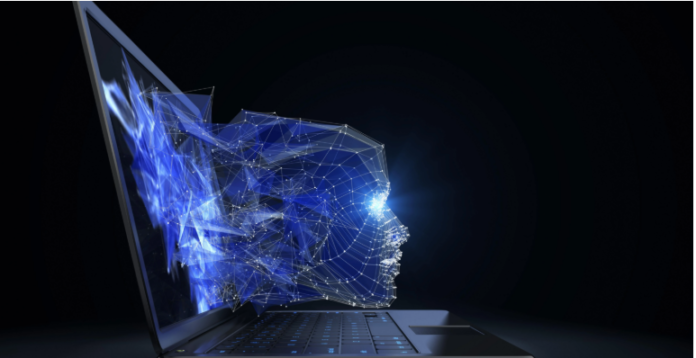One of the hottest topics in Information Security is the topic of using Artificial Intelligence (Ai) to protect networks. There are many great uses for such a tool. Think about all the crimes that could be prevented by stopping data travel? It’s one thing to prevent attacks like spam, phishing, or viruses; it’s another to prevent attacks on your company or its customers. A system that can detect malicious behavior or defend against attacks from known sources is a grand idea.
One problem with existing anti-spam programs is that spam filters are designed to find spam, not genuinely sent messages. While theoretically a message could be “spam-worthy”, most filter systems do not. That leaves companies and individuals trying to pass their own spam filters.
Imagine the situation where you have a customer call you and say that their computer has been infected with a dangerous virus. You know they are lying, but have no means of checking. You ask them if they would like you to scan their computer for free and they tell you yes, of course, you would. You open the box and find out there are many harmful viruses hiding. You would probably delete all the viruses, but then what would happen if you cannot get back into the computer to repair the problems?
In this example we see a very real need for a better way to manage the flow of information in and out of a company or network. If you had a system that scanned the network for viruses without user intervention, it might reduce the time spent administering the system. It would also allow you to check for malicious activity in real time, rather than just when something was reported. The ability to act on that information quickly would also save you a lot of money by preventing costly repairs. We know that in some cases it might be more effective to stop an attack before it began than to try and stop it after it has begun. Having a system that can act before the problem becomes critical would make cyber-security much more cost effective.
Many companies use data centers to store their information. They store important business information, including financial records and customer lists. If they were hacked, it would be impossible to retrieve anything from the data center. The benefit of having these systems is that they are protected by anti-virus software, which prevent viruses from installing viruses onto the information that is stored there.
Many systems are also protected by artificial intelligence. If a hacker were to send a message to the administrator, it would not be answered. However, if that same information were typed into an online search engine, it might pop up. It is entirely possible to regain control of these types of systems.
With today’s advanced technology, it would be very difficult to get any information from these systems. In fact, some businesses are so secure that they have multiple centers. Each center stores different types of information. The information that is on a server is completely safe because it is protected by multiple layers of security. However, a business that is not protected could become targets for cyber criminals who would be able to access information on millions of computers around the world. Therefore, it is always a good idea to protect all information with artificial intelligence.
Today, many businesses are trying to figure out how to use artificial intelligence for cybersecurity. Some are even experimenting with using it as their mainframe. However, there are still a lot of hurdles to cross before this can happen. It is very important for businesses to stay ahead of cyber criminals, especially those that are known to be very clever. It would take a large amount of time and money before these artificially intelligent supercomputers would become a standard piece of technology in every business around the world.
Also Read: Why do Project Managers need Cybersecurity Training?








